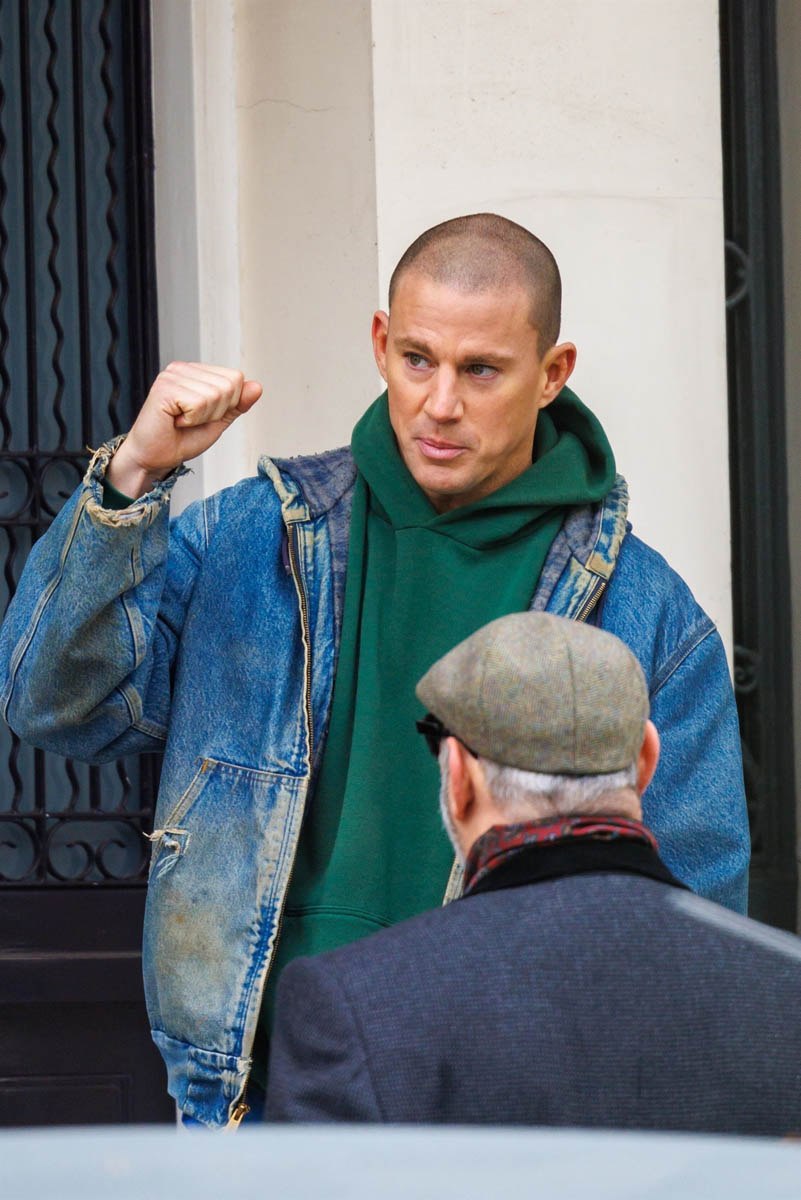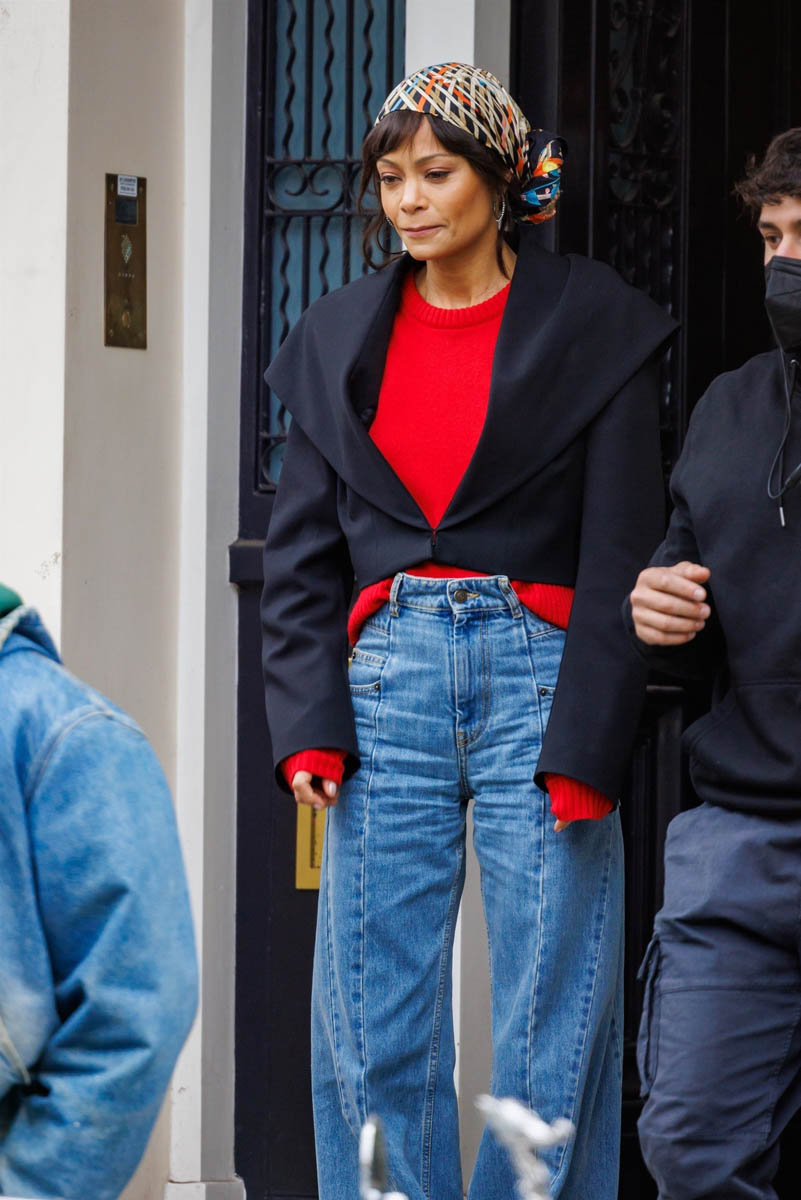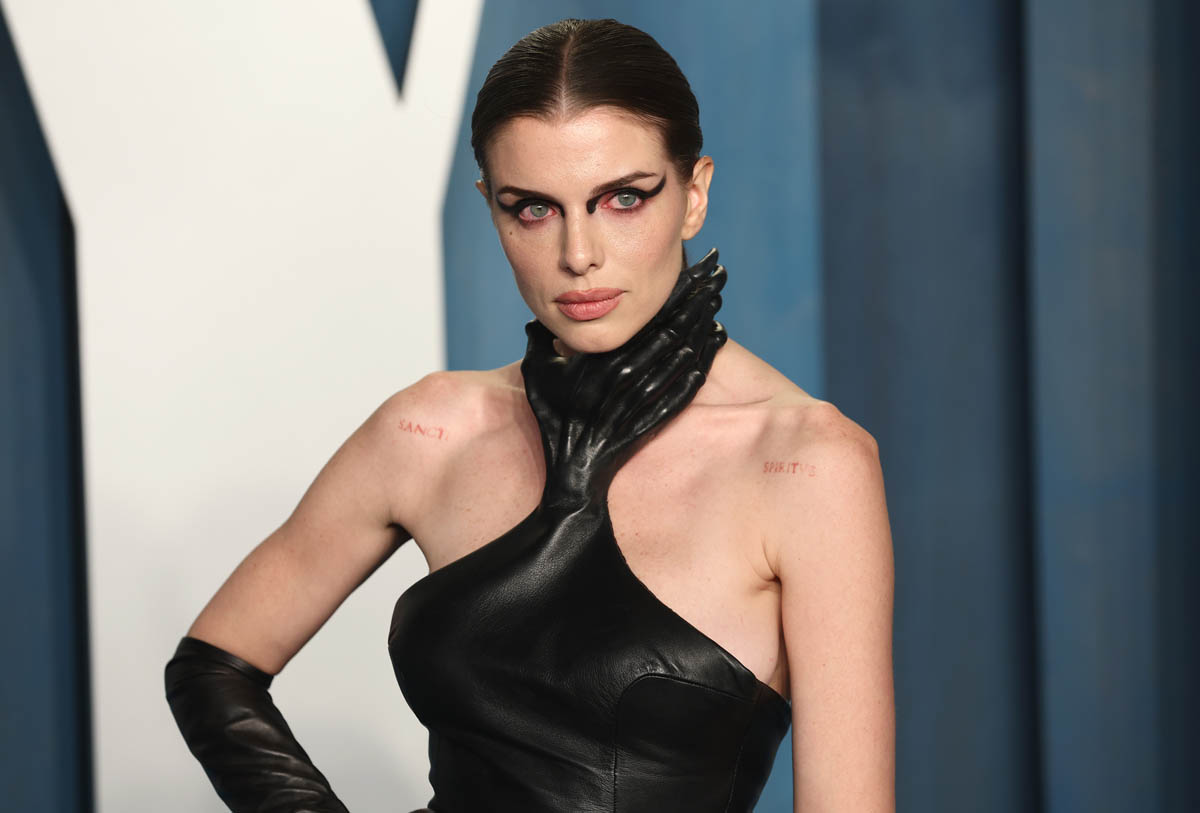Chan and Thandiwe on the Last Dance



Filming on the third and final installment of the Magic Mike franchise is now underway in London as Channing Tatum and Thandiwe Newton were seen on set yesterday. Steven Soderbergh is back to direct and the film is called Magic Mike’s Last Dance, not to be confused with The Last Dance, the Michael Jordan docuseries that made our lives slightly more bearable during the early part of the pandemic.
“Last Dance” works for Magic Mike too, obviously, since this is a story about male dancers that became a franchise about male dancers celebrating women’s desire. If you’ve seen the live show, you know that they built on that theme from the second movie and turned it into a whole experience. Which is why Magic Mike has become a brand. It’s why the second movie was better than the first. And why the third has so much potential. Soderbergh said himself that the reason he came back to direct is because of the live show, because of what was being explored and achieved in those performances. For Thandiwe too I can imagine that’s one of the big reasons why she agreed to be in this movie – Thandiwe has been so outspoken over the last few years about female exploitation and misogyny, so if she’s aligning herself with a project like this, that had already prior to her involvement been evolving into a narrative that puts female desire at the forefront, I have big hopes for it.
And it’s interesting that this narrative has been one of the keys to the success of Channing Tatum. I mean, yes, he looks great with his shirt off – but Magic Mike has become a brand, and you need more than ripped muscles to turn something into a brand. You need an ethos and the Magic Mike ethos is “everything in service of female pleasure”. Which, interestingly, is why he’s continuing on that high right now at the box office with The Lost City.
The movie opened with a strong box office last weekend, an accomplishment overshadowed by the chaos of the Oscars. This is a movie that specifically caters to women, to romance readers, to a majority female audience that showed up in response. For all his ostensibly conventional masculinity, Channing Tatum repeatedly serves that audience.










